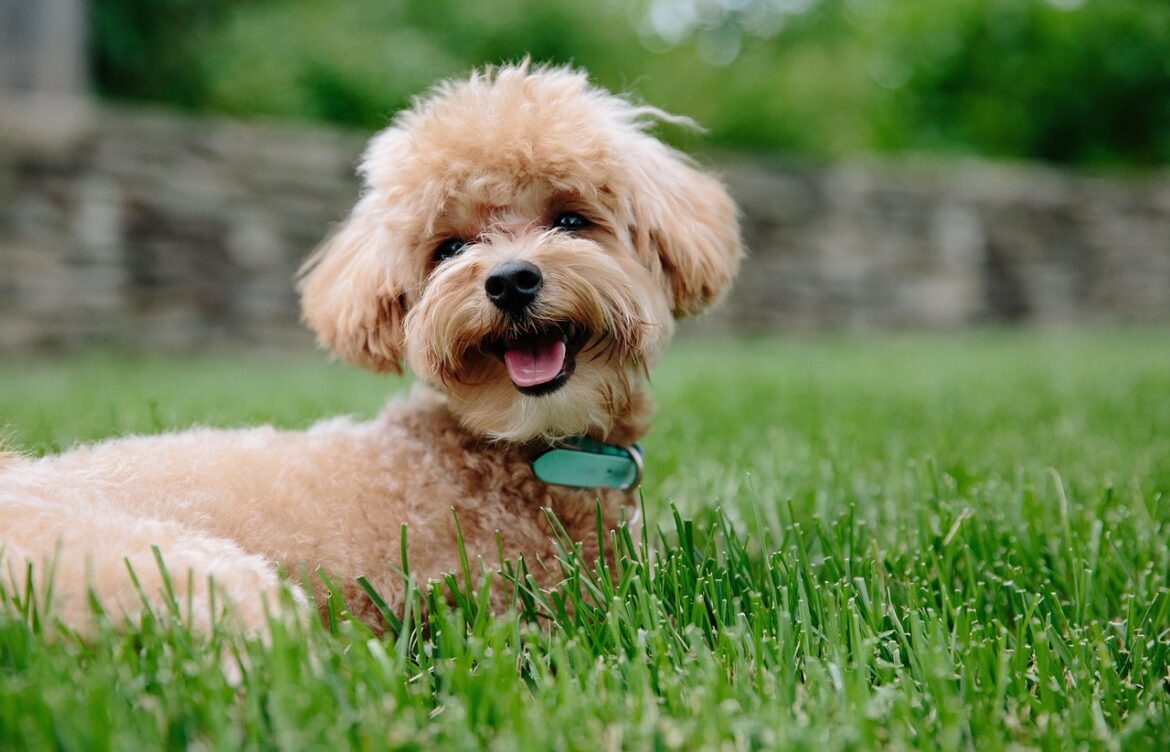
The Truth About Hypoallergenic Dog Breeds
Many people believe that hypoallergenic dog breeds don’t cause allergies, making them the perfect choice for allergy sufferers. However, the reality is more complex. While some breeds are less likely to trigger allergic reactions, no dog is truly 100% hypoallergenic. Understanding what makes a dog hypoallergenic and how to manage allergies can help you find the right pet for your home.
What Does “Hypoallergenic” Mean?
Hypoallergenic dogs are those that are less likely to cause allergic reactions. This is because they produce fewer allergens in their saliva, dander, and fur. However, all dogs produce some level of allergens, and individual sensitivities vary.
Why Do People Have Allergies to Dogs?
- Dander and Shedding
- Dog dander, which consists of tiny skin flakes, is a common allergen.
- Breeds that shed less distribute fewer allergens around the home.
- Saliva Proteins
- Some people react to proteins found in a dog’s saliva.
- Breeds that drool less may be better for allergy sufferers.
- Urine Allergens
- Proteins in urine can also trigger allergic reactions, particularly in sensitive individuals.
Popular Hypoallergenic Dog Breeds
While no breed is completely hypoallergenic, some produce fewer allergens and are often recommended for allergy sufferers:
- Poodle
- Comes in various sizes (Toy, Miniature, Standard).
- Low-shedding and curly coat traps dander, reducing airborne allergens.
- Bichon Frise
- Has a soft, curly coat that minimizes shedding.
- Requires regular grooming to maintain hypoallergenic qualities.
- Portuguese Water Dog
- Has a dense, curly coat that sheds minimally.
- Intelligent and energetic, making them great companions.
- Maltese
- Long, silky hair that does not shed much.
- Requires daily brushing to prevent tangles and reduce allergens.
- Schnauzer (Miniature, Standard, Giant)
- Has a wiry coat that holds dander and requires regular grooming.
- Highly intelligent and good for active families.
Managing Dog Allergies
If you have allergies but still want a dog, there are ways to reduce allergens in your home:
- Frequent Grooming and Bathing
- Regular brushing and bathing help reduce dander and loose hair.
- Consider professional grooming to maintain coat health.
- HEPA Air Purifiers
- Helps filter airborne allergens, improving indoor air quality.
- Regular Cleaning
- Vacuum carpets, furniture, and pet bedding frequently.
- Wash dog toys and blankets to minimize allergen buildup.
- Creating Pet-Free Zones
- Keep your bedroom and other key areas free from pet dander.
- Use allergen-resistant covers for bedding and furniture.
- Consulting an Allergist
- Allergy testing can help determine your specific triggers.
- Medications and immunotherapy can help manage symptoms.
